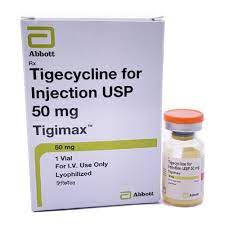flagyl
Introduction to flagyl
Flagyl is a widely used antibiotic available in tablet form, primarily prescribed to treat infections caused by bacteria and parasites. Flagyl is effective against conditions such as bacterial vaginosis, trichomoniasis, and certain gastrointestinal infections.
Composition of flagyl
Flagyl contains the active ingredient metronidazole, which is responsible for its antibacterial and antiparasitic properties. Metronidazole works by disrupting the DNA of bacteria and parasites, inhibiting their growth and reproduction.
Uses of flagyl
- Treatment of bacterial vaginosis
- Management of trichomoniasis
- Addressing certain gastrointestinal infections
Side effects of flagyl
- Common side effects: nausea, metallic taste in the mouth, diarrhea
- Serious side effects: allergic reactions requiring immediate medical attention
Precautions of flagyl
While taking Flagyl, avoid alcohol as it can cause adverse reactions like nausea and vomiting. Do not use Flagyl if you are allergic to metronidazole or any of its components. Inform your doctor about any other medications you are taking to prevent potential interactions.
How to Take flagyl
Flagyl is typically taken orally in tablet form. The usual starting dose for adults is 500 mg twice daily. Follow your doctor's instructions regarding the dosage and duration of treatment, as it may vary based on the condition being treated.
Conclusion of flagyl
Flagyl, containing metronidazole, is an effective antibiotic in the therapeutic class of antibacterial and antiparasitic agents. It is manufactured to treat infections like bacterial vaginosis and trichomoniasis. Key highlights include its oral tablet form and the importance of following medical advice for safe use. Flagyl remains a trusted choice for managing specific infections.

Similar Medicines
More medicines by Abbott
Available in 5 variations

bottle of 100 ml solution for infusion

Flagyl 600mg Tablet 10s
strip of 10 tablet

bottle of 60 ml oral suspension

strip of 15 tablets

strip of 15 tablets














.svg)
